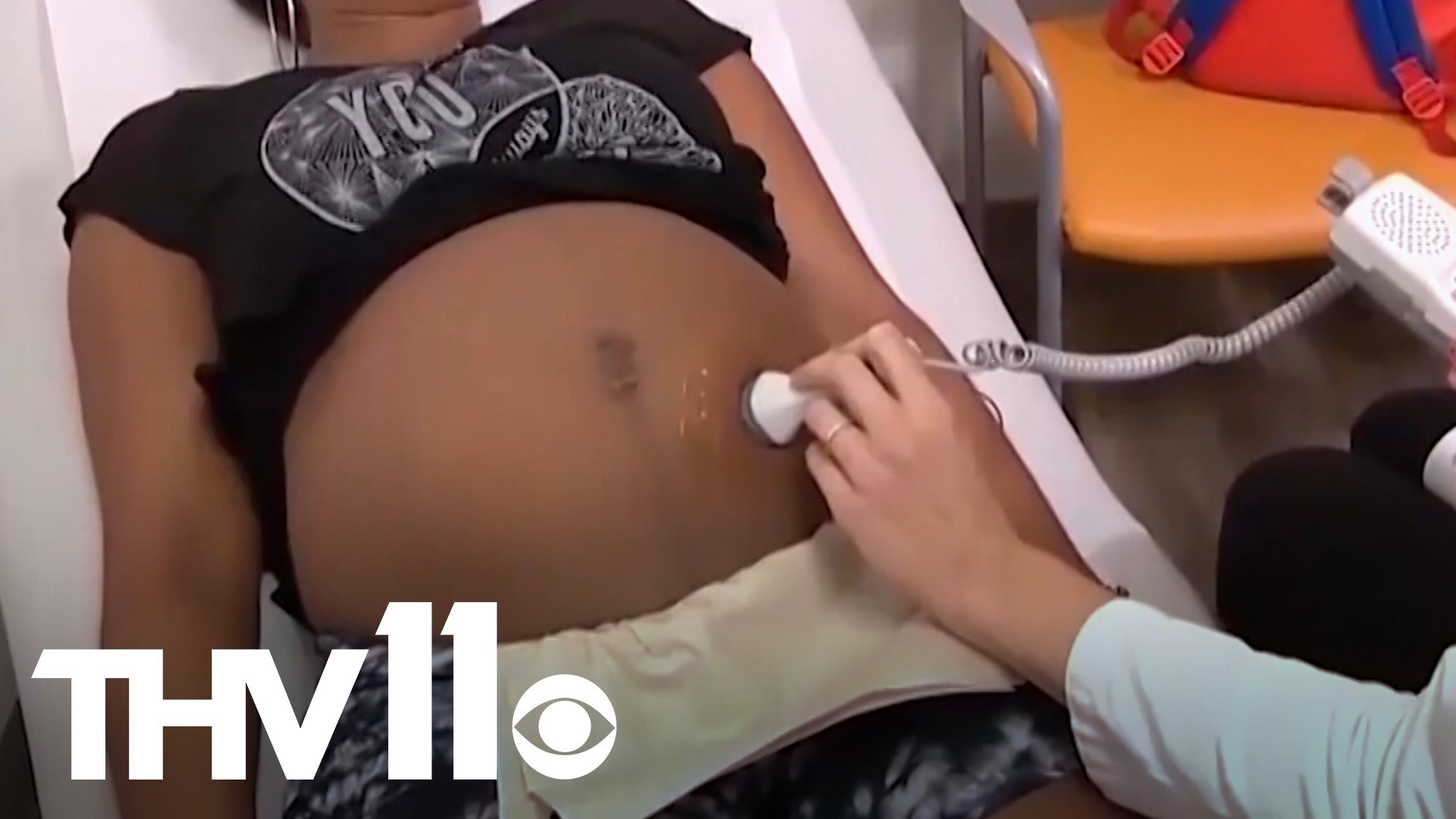NEW YORK — The pandemic helped expose an issue for some women of color using sperm banks: Finding donors who share their background.
CBS News looked into California Cryobank, Fairfax Cryobank, Seattle Sperm Bank and Xytex, considered the four major U.S. cryo-banks, and found that 53% of the available sperm is from White donors — while less than 4% is from Black donors. A cryobank is a facility that stores frozen sperm, eggs, embryos and tissues to assist people in reproduction if needed.
This leaves many women like Jamila Galloway with a choice between having a child that doesn't reflect their own race and culture or not having a baby at all.
Galloway is 40 and single. When she decided to use a sperm donor to have a child, she hoped for a baby that looked like her. However, her options were limited when she filtered the search for donors of her own race.
Her options went from hundreds to just a handful. She described the experience as feeling like being "on a hunt."
"It almost felt like I was having a bit of my decision taken away from me," she said.
Dr. Tia Jackson-Bey, a fertility doctor in New York City, said every patient of color at her practice has experienced the struggle of finding a sperm donor who shares their background.
"Historically donors have been recruited from places where maybe black men are not present, you know, institutions of higher learning, certain areas, geographic areas in the country," Jackson-Bey said.
Most cryobanks require three generations of medical family history, which not all Black Americans have access to. As a result, many Black women across the country, like Angela Stepancic, eventually give up on finding Black donors altogether.
Stepancic, who describes herself as half-Black and half-Croatian, welcomed a multi-racial baby girl last year with her wife via sperm donor.
Initially, having a Black baby was non-negotiable for Angela Stepancic when she began the process. However, she later realized that it was a concession she had to make in order to have a baby.
"It's America, we're supposed to have all the choices that we want, but we really don't have any choices in this process, and this is the one process that really impacts our legacy the rest of our lives, you know our future. As, as a family and as a people," she said.
But her experience has inspired her to make a change to prevent anyone from having to go through the same struggle. This fall, she plans to open the first Black-owned cryobank in the country that will give Black women "warmth, safety and options."
"I want to give them access to the same amount of options that every other couple has going through this process," Stepancic said.
Reproductive Village, Stepancic's Cryobank, is set to open in Washington, D.C., and will prioritize recruiting Black donors. The cryobank will also have drop-off locations in cities that include Houston and Atlanta.
The number of Hispanic donors is also low, with only 8% of sperm donors to the four largest cryobanks being of Hispanic descent.
Two of the largest cryobanks acknowledge the issue and they claim to be working toward recruiting more diverse donors
In a statement to CBS News, the Seattle Sperm Bank said that they are committed to finding ways to address the lack of diversity in their donor program by actively recruiting more men of color and having ongoing conversations about the importance of sperm donation which they hope will break the "taboo surrounding this type of donation and get the word out about the increasing need for more donors."
California Cryobank told CBS News they are conducting research to address the shortage and have ongoing targeted digital marketing campaigns to promote the benefits of being a donor.
CBS News reached out Xytex and Fairfax Cryobank for comment but have not heard back.

